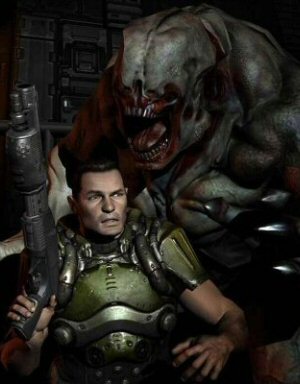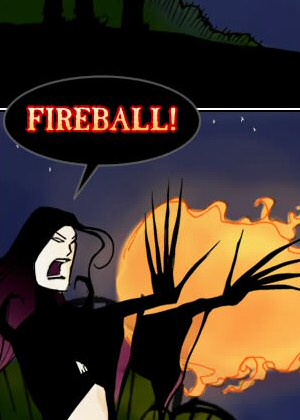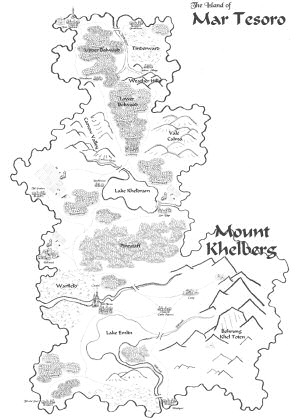Lots of people are upgrading to Windows Vista and then regretting the move. As I contemplate this, I look back at my own history with the PC platform:
DOS (1988): I started here. It was cryptic and odd unless you knew how to use it, but it got the job done.
Windows 3.1 (1992): It was ugly, stupid, and annoying a hundred ways, but it did what I needed. I usually just ran DOS and jumped into Windows when I had to run something designed for Windows. Yes, it was appalling compared to the Mac OS of the day, but I’d never used a Mac and had no idea what I was missing. Windows 3.1 managed to more or less stay out of my way. Pointless but harmless upgrade.
Windows 95 (1995): It enraged me with just how much memory it demanded. It no longer ran as a DOS application, which means that you couldn’t just jump in and out of Windows at will. It was bossy, pandering, frustrating, with the very worst dialog boxes I’ve ever seen. I had to upgrade to do my job at the time, or I wouldn’t have done so at all. The constant nanny prompts, “Are you sure you want to do that thing you just did?” probably cost me a couple of keyboards. If I need windows for my job I would have run to Apple at this point and begged them to take my money. Took me a year to get used to it. Awful upgrade.
Windows 98 (1999): This upgrade was a relief. File sharing worked more or less as it should. While the memory footprint was somewhat bigger, Moore’s Law had caused memory to expand faster than the OS, which means that I had a larger percentage of system memory at my disposal. It looked better, ran better, and corrected some of the worst problems of Win95. This was arguably what Win95 should have been in the first place. Took me a month to get comfortable with it. Decent upgrade.
Windows XP (2002): The system was more reliable and more stable than before. There were still a lot of nanny dialogs here and there, but most of them could be turned off. Again, the memory footprint was bigger but Moore’s Law kept it from being too big. The only complaint I had was the overly fancy UI seemed like a total waste of resources. I turned off most of the visual enhancements and enjoyed something that looked like Windows 98 but ran better. Took me a couple of days to get comfortable with it. Good upgrade.
Windows Vista (Never, never I say!): I will resist this upgrade for as long as I can. This looks a lot like the the Windows 95 upgrade. Everyone I know who uses it has been driven mad by the “security” features, which are little more than confirmation dialogs that chide the user when they engage in reckless activities like running programs. The memory footprint sounds needlessly gigantic, and even the hard drive requirements are shocking. (Fifteen gigs of hard drive? What on Earth do you have in there?!?!?) It also requires a cutting-edge graphics card, which is just absurd. All of these headaches, all this expensive hardware, and I can’t think of a single reason I’d want to upgrade even if it was free and had the same requirements as XP. I have all the OS I need right now.
How did they go so wrong? Windows has been getting gradually better since the mid 90’s as far as I can tell, and now Microsoft has taken an awful step backwards. It needs two hundred times more hard drive space than Windows 95, and about sixty-four times more memory. Yes, we need operating systems to do more now, twelve years later. But that much more? This isn’t a rhetorical question. I’m really wondering: What are they doing with it?
I have 2 XP license keys & clean install discs here. Not system-specific “restore” discs, mind you, but real install discs. I’ve been in the habit of buying “no OS” PC’s and then installing XP fresh, and I’m very glad I’ve been doing that. Hopefully I can keep XP going for several more years, and skip Vista altogether.
It will be very interesting to watch what Linux and Mac do in the next couple of years. I’m chained to the PC platform for various reasons, but lots of people aren’t. Will a lot of fence-sitters migrate to one of the alternatives? I’m hoping so.
 Shamus Young is a programmer, an author, and nearly a composer. He works on this site full time. If you'd like to support him, you can do so via Patreon or PayPal.
Shamus Young is a programmer, an author, and nearly a composer. He works on this site full time. If you'd like to support him, you can do so via Patreon or PayPal.
 T w e n t y S i d e d
T w e n t y S i d e d









